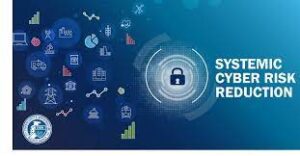Cybersecurity Experts
Old Saying: “A lock does no more than keep an honest man, honest.” Robin Hobb (from the third Farseer Trilogy)
New Saying: “In cybercrime, anyone can be a knowing or unknowing criminal.” Jeff King (me, 2005).

Old Saying: “A lock does no more than keep an honest man, honest.” Robin Hobb (from the third Farseer Trilogy)
New Saying: “In cybercrime, anyone can be a knowing or unknowing criminal.” Jeff King (me, 2005).

To learn more about our Managed Services go to our Managed Service Provider page.